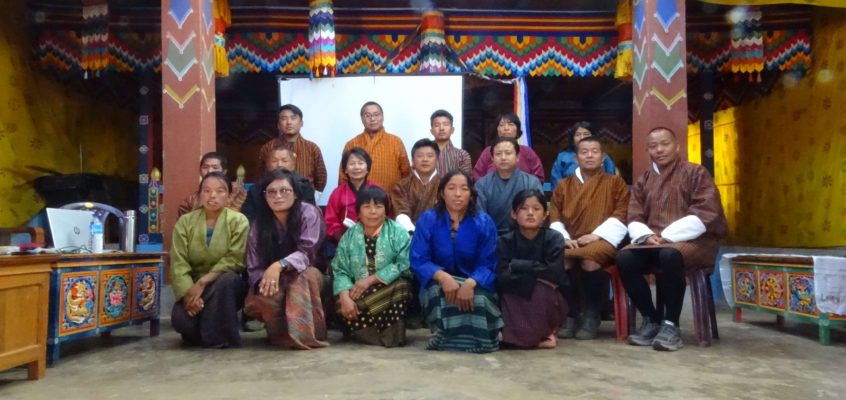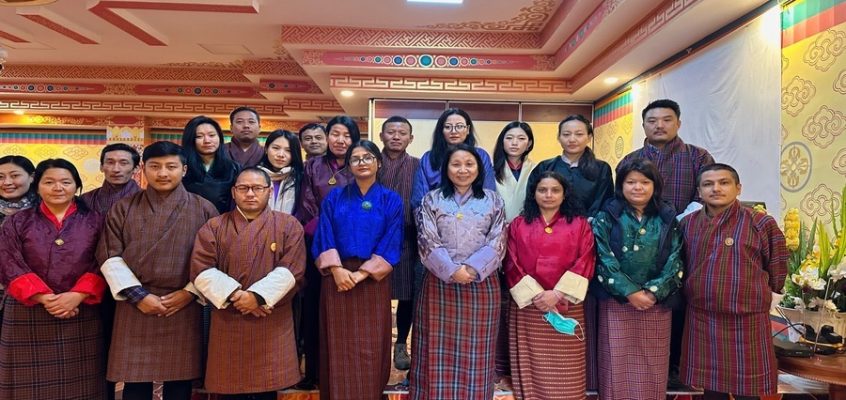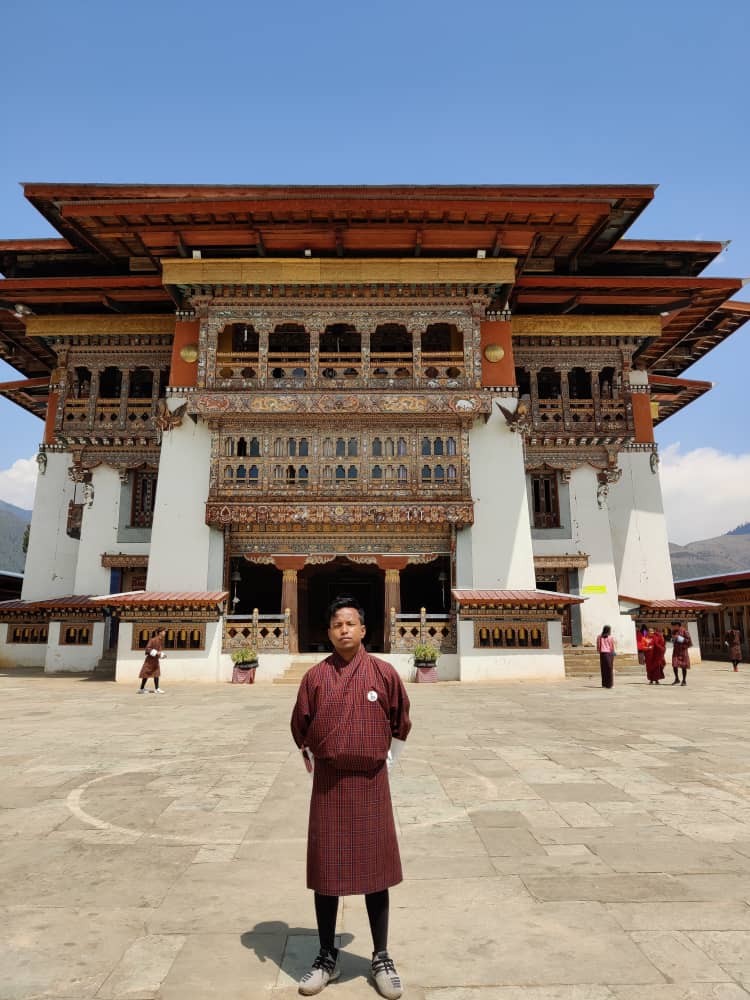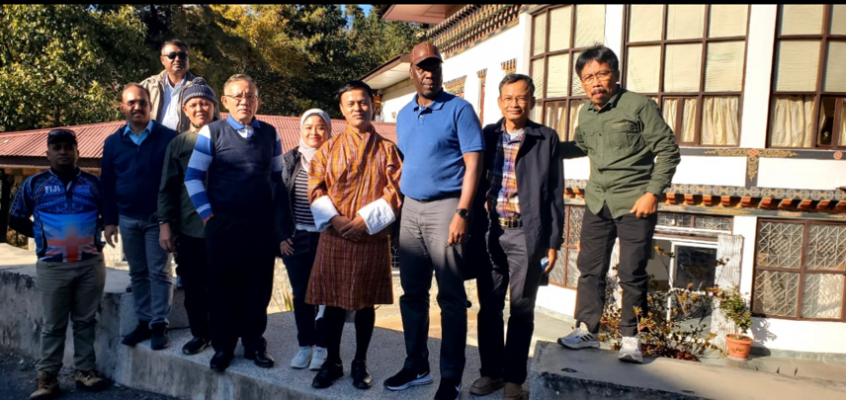On-farm Crop Diversity Inventories and germplasm collection at Kengkhar Gewog
As a part of regular germplasm collection program of the Genebank, the National Biodiversity Centre in collaboration with Gewog Agriculture Sector of Kengkhar Gewog, Mongar Dzongkhag conducted Crop Diversity Inventory on the 7th January 2023 and germplasm collection from 8th to 12th January 2023 at Kengkhar Gewog, Mongar Dzongkhag.




